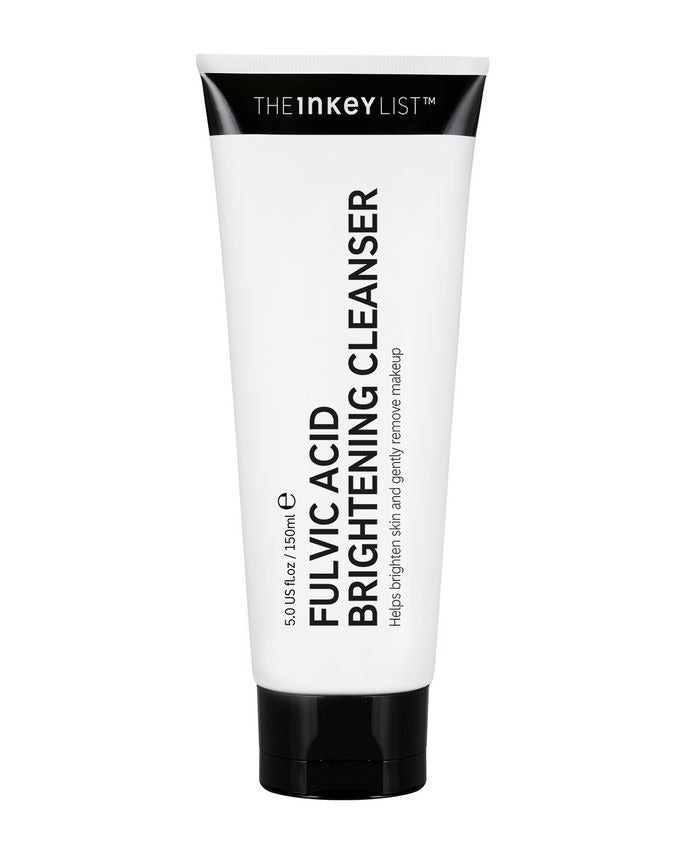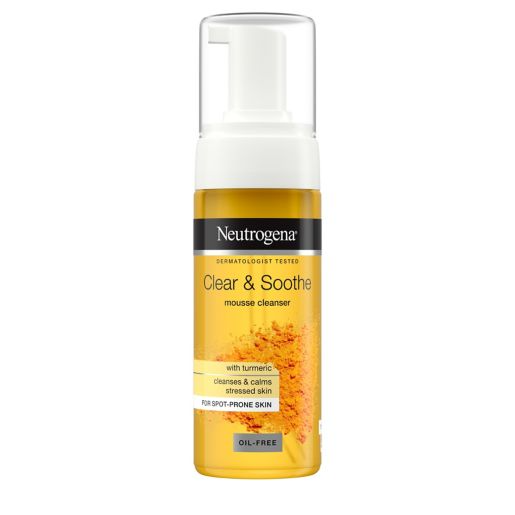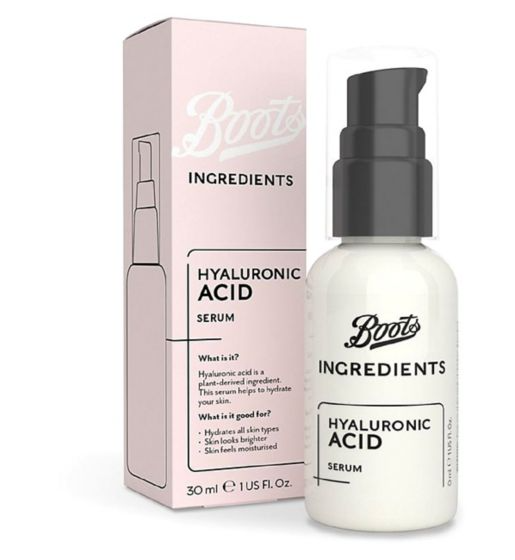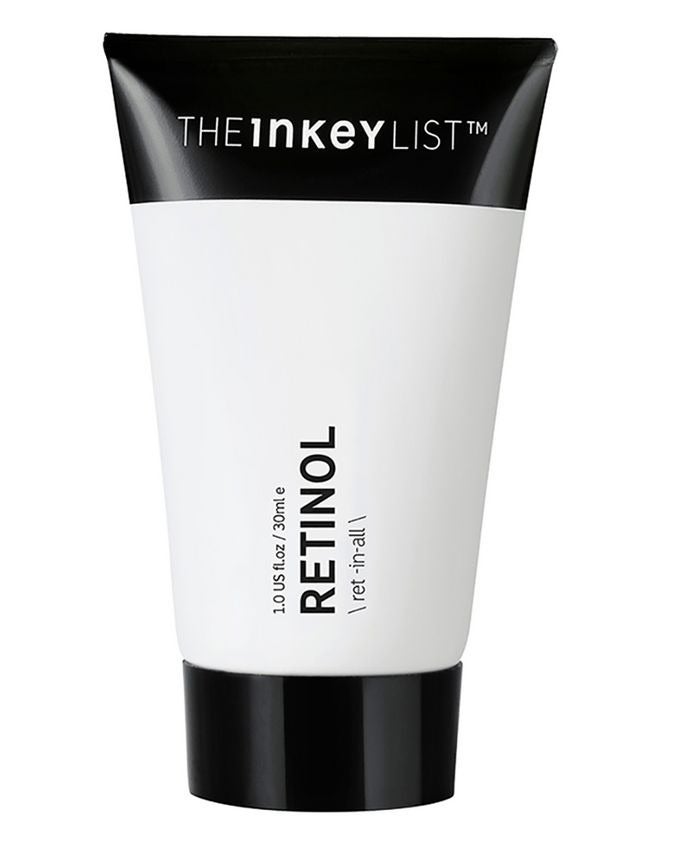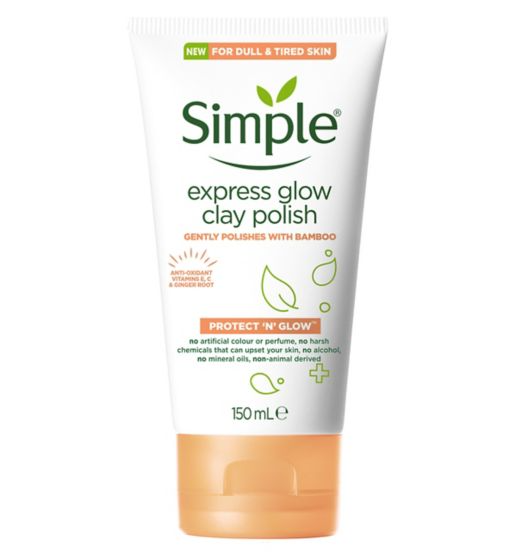Why Are We Suddenly Skincare Shaming Everyone?
There are inherently no 'good' or 'bad' products. It's more about how you use them, how often, and whether that product is right for your underlying skin type.
@moniquemonrowe Can the skincare community stop being so mean? Shaming people into skincare is not it. #skincare #skincareroutine #theordinaryskincare #inkeylist
♬ Drive Forever - Remix - Sergio Valentino
I've seen people being made to feel as though they don't care about their skin if they don't spend a lot of time and money on it.
A skin issue like acne or rosacea is much more likely to be a result of underlying factors such as hormones and genetics, rather than a direct result of the facial scrub or cleanser in your routine.







